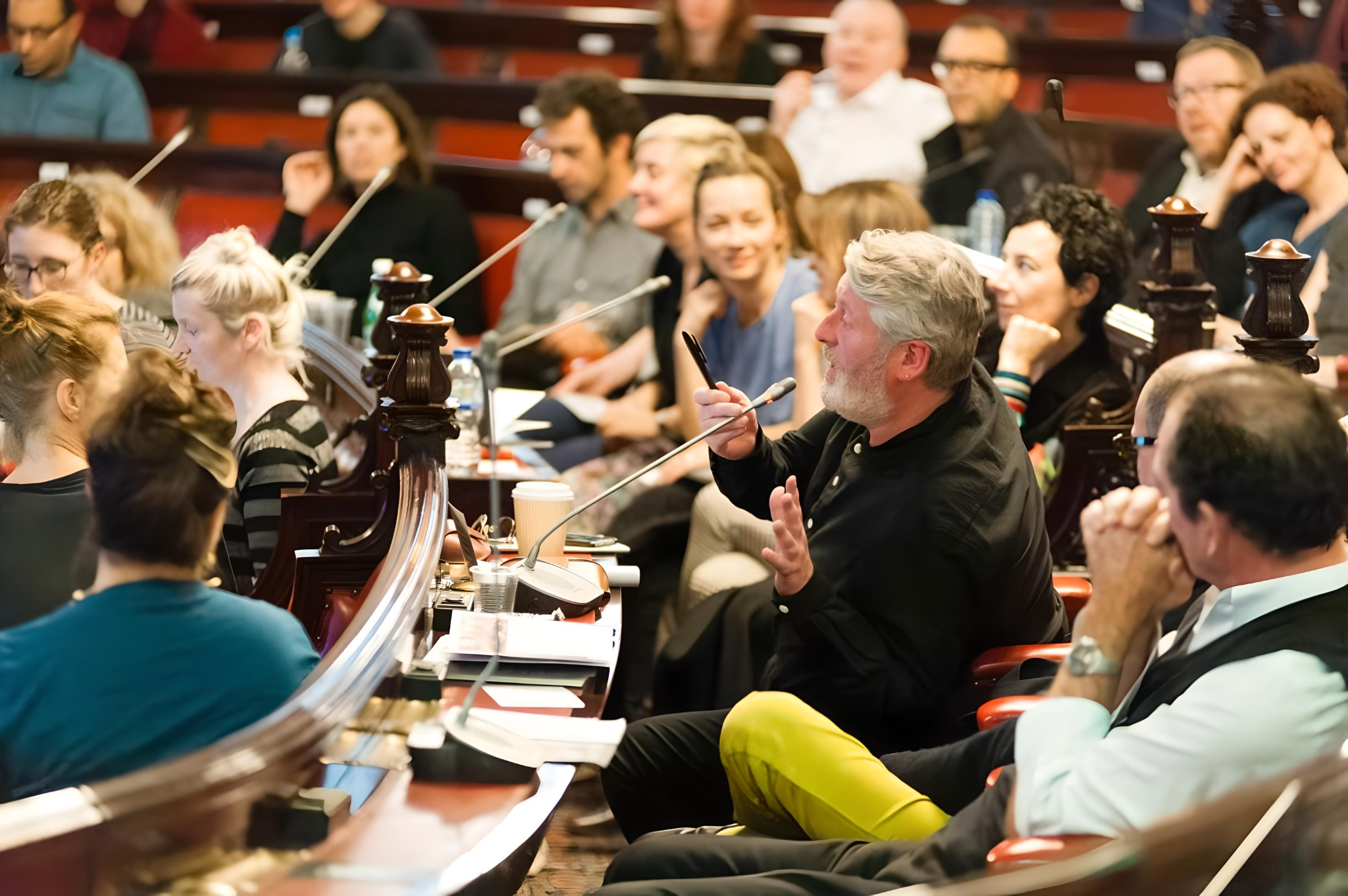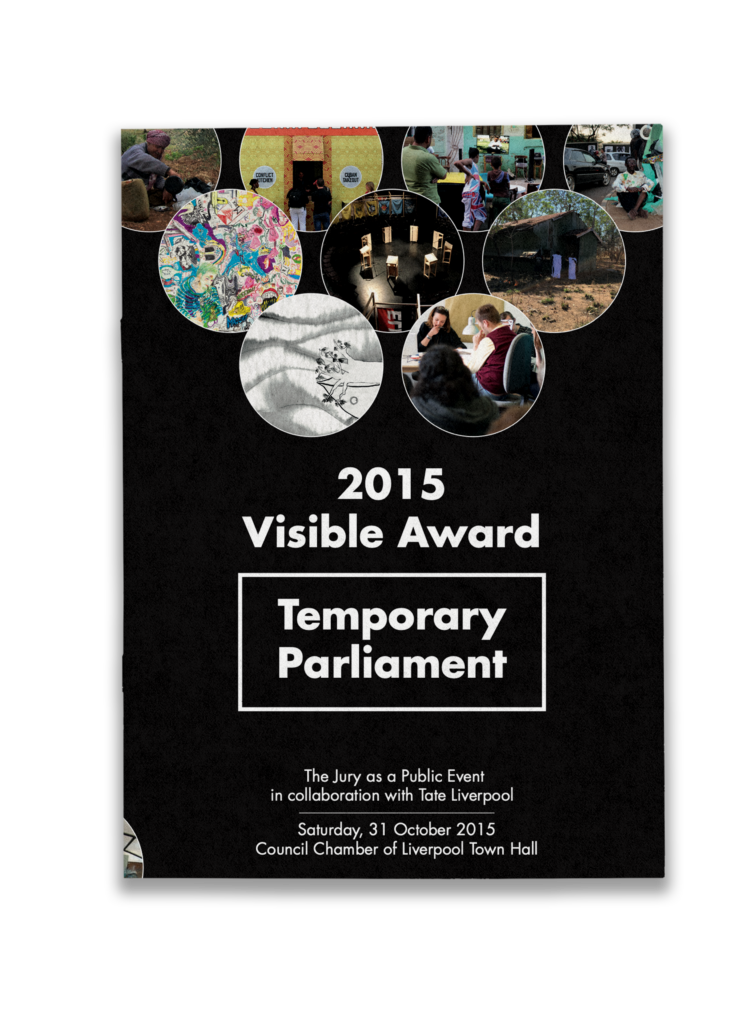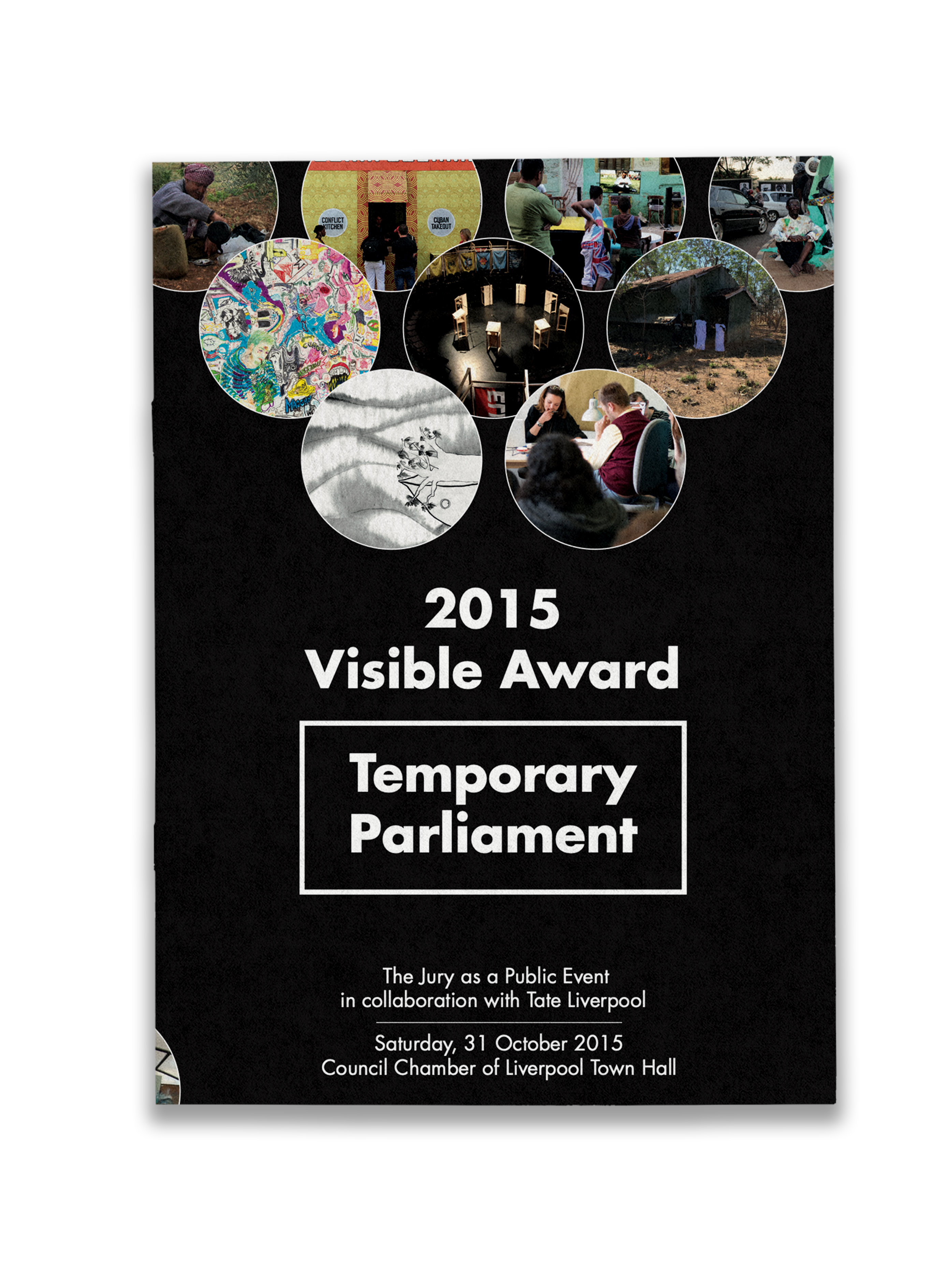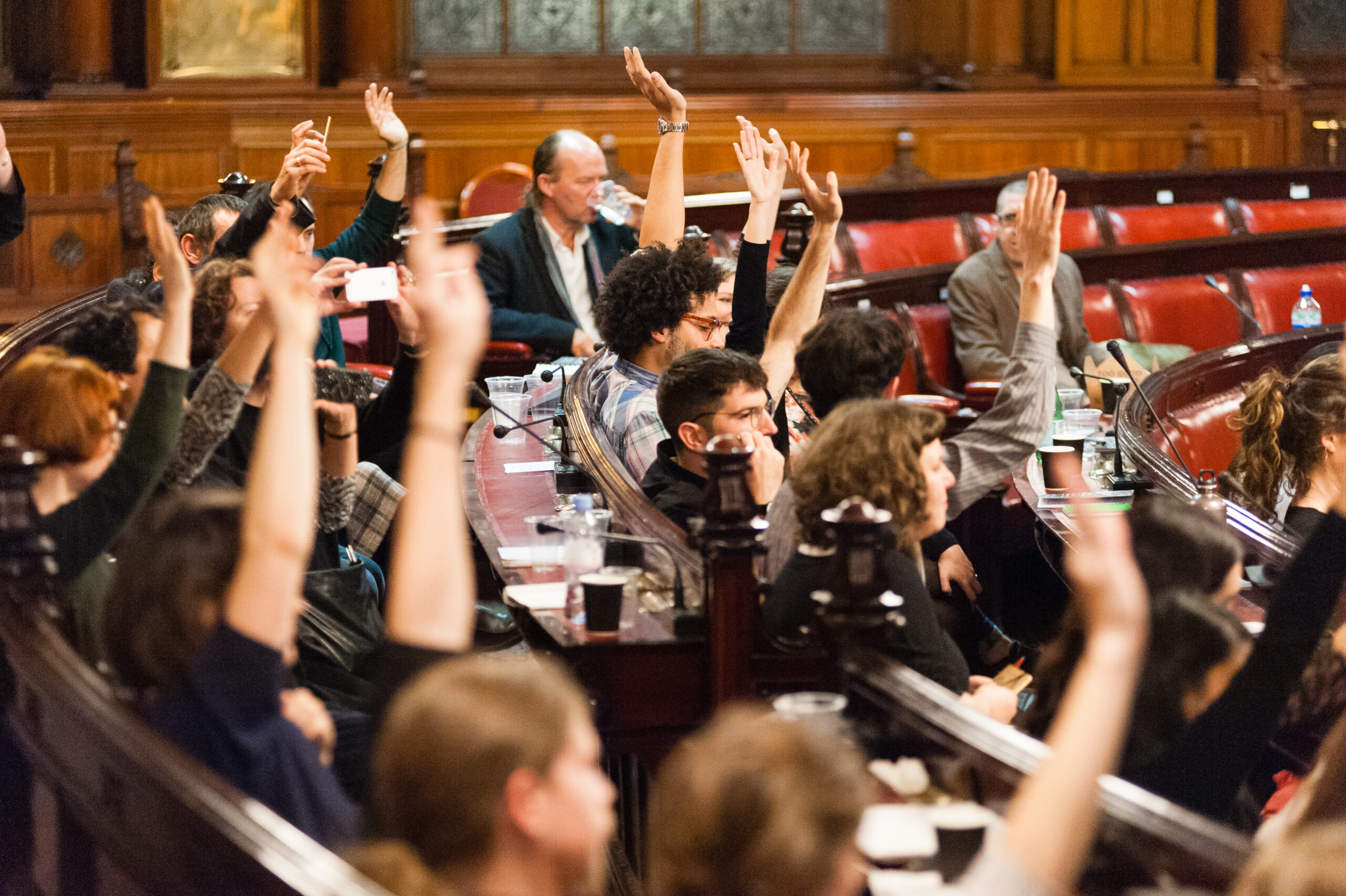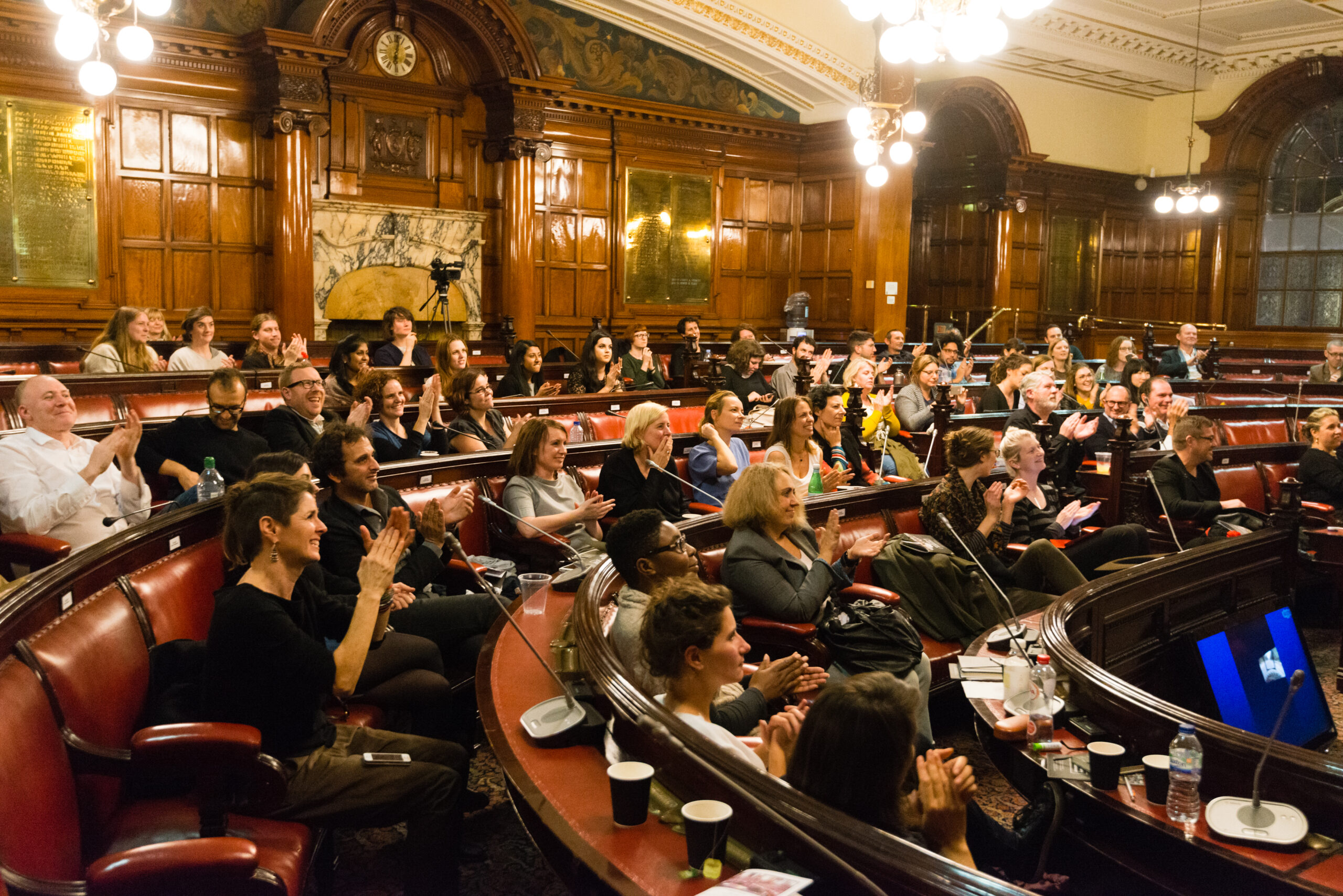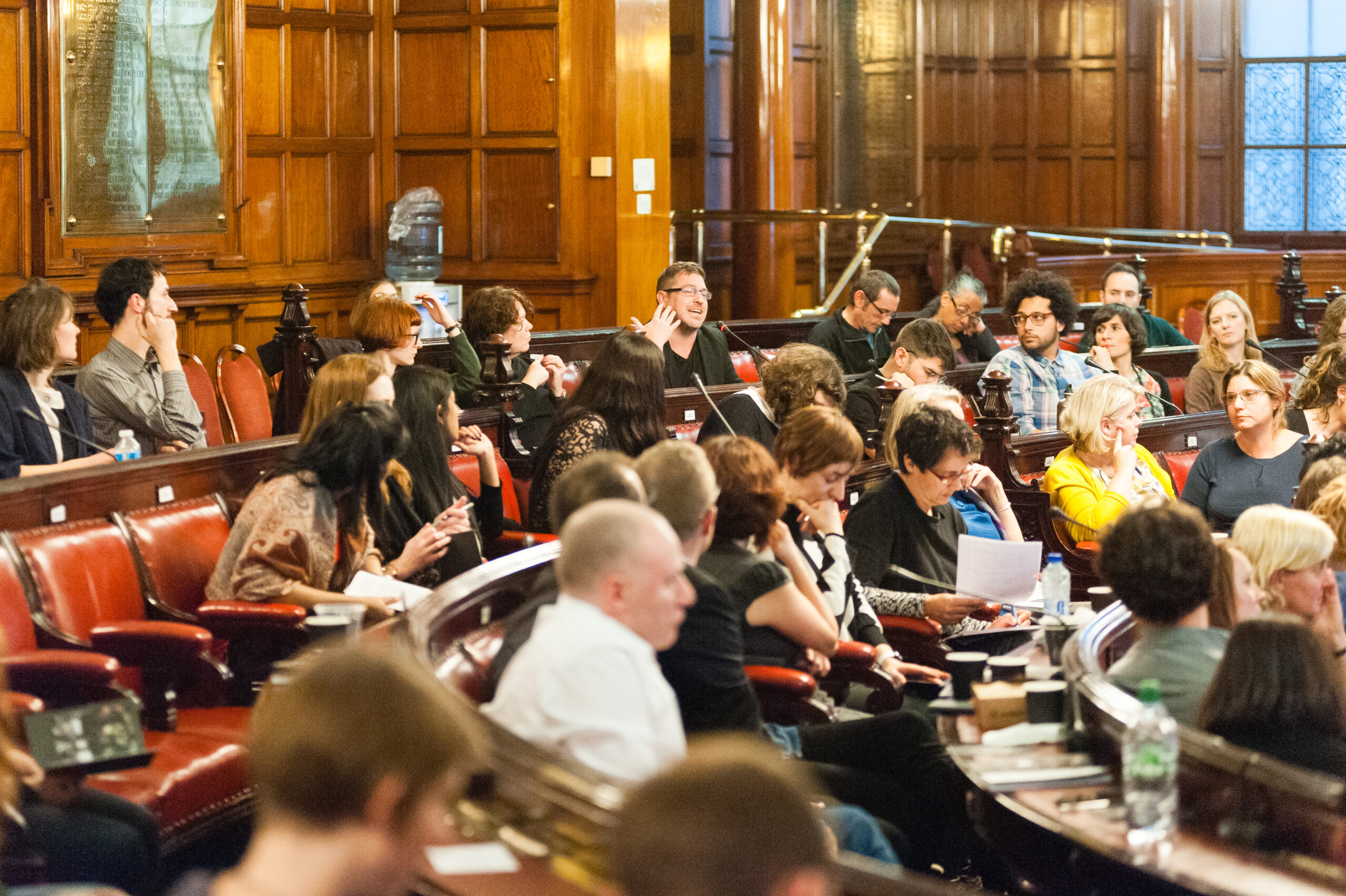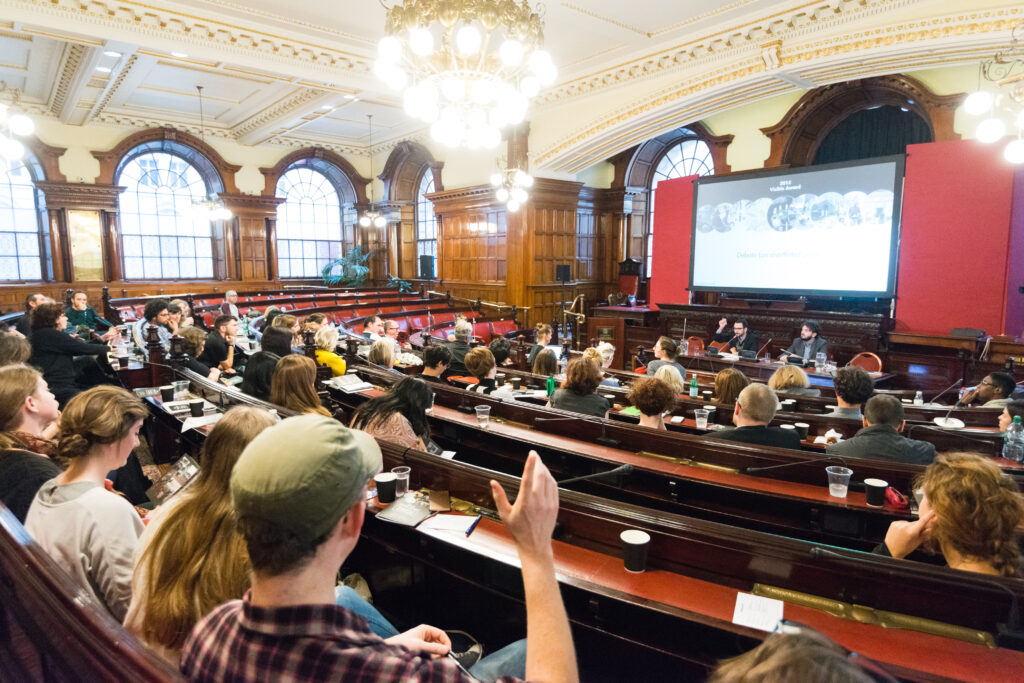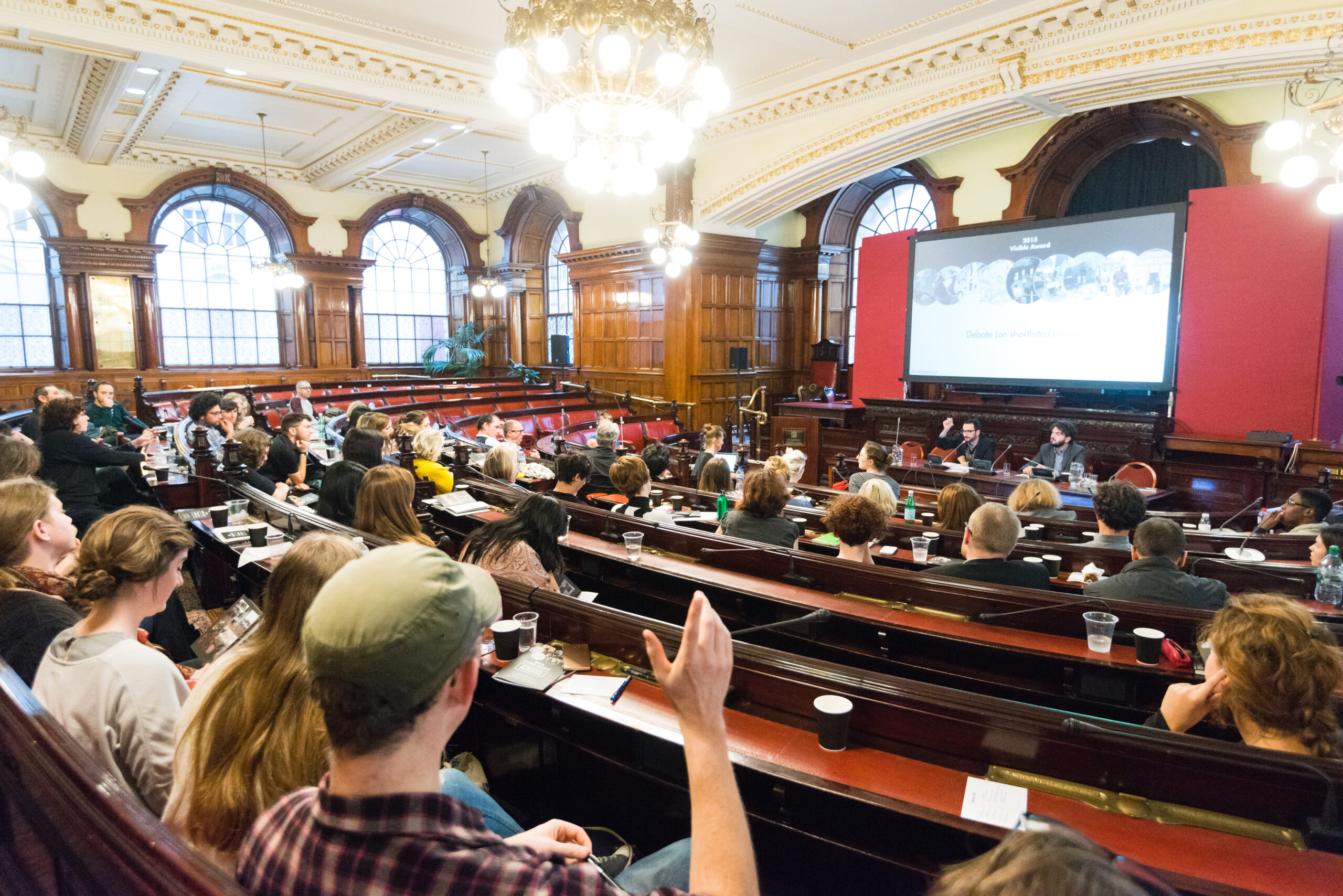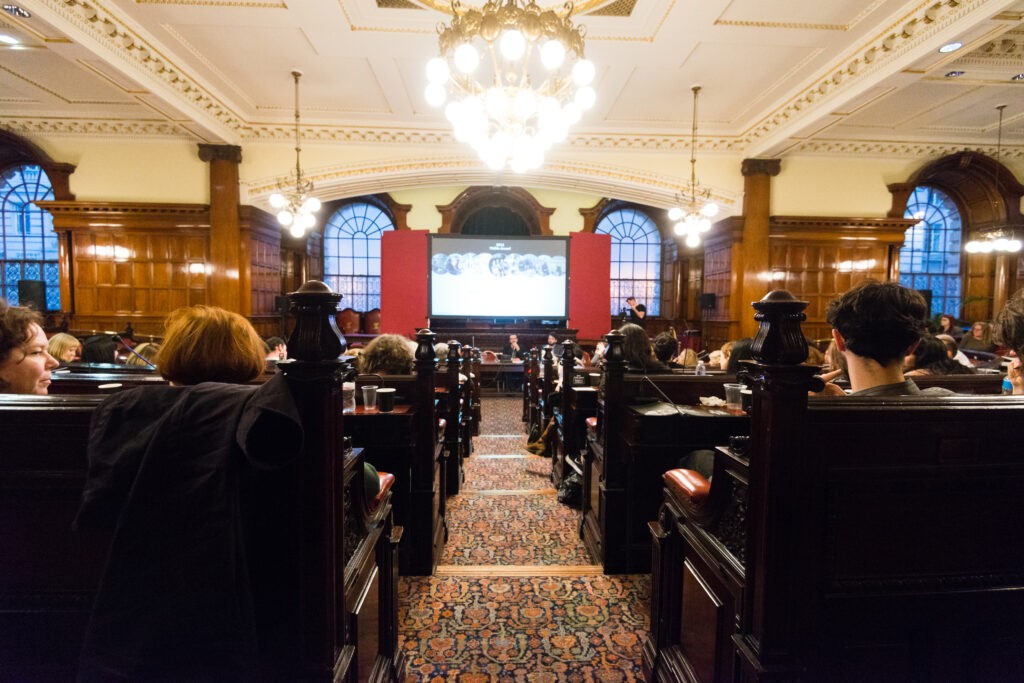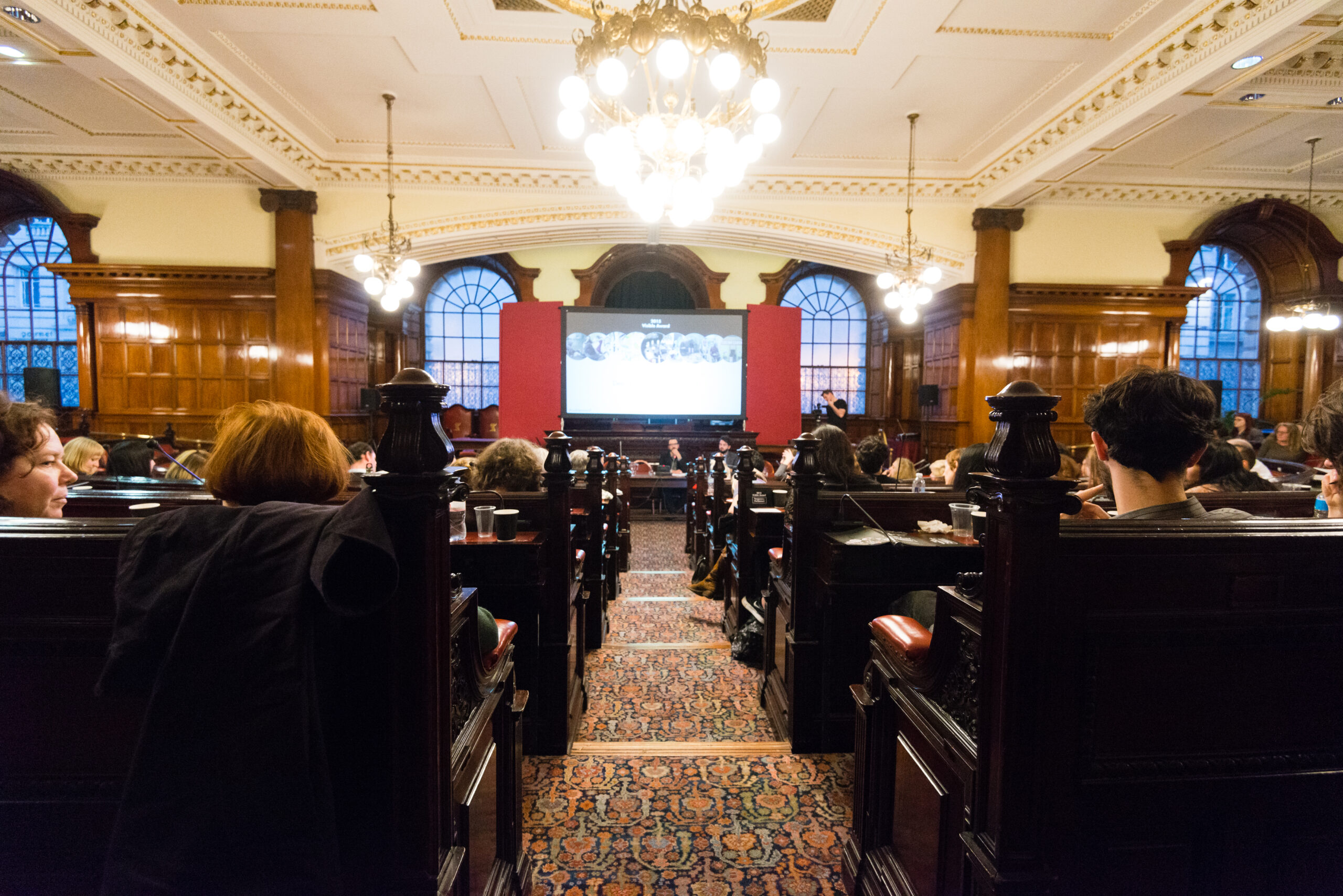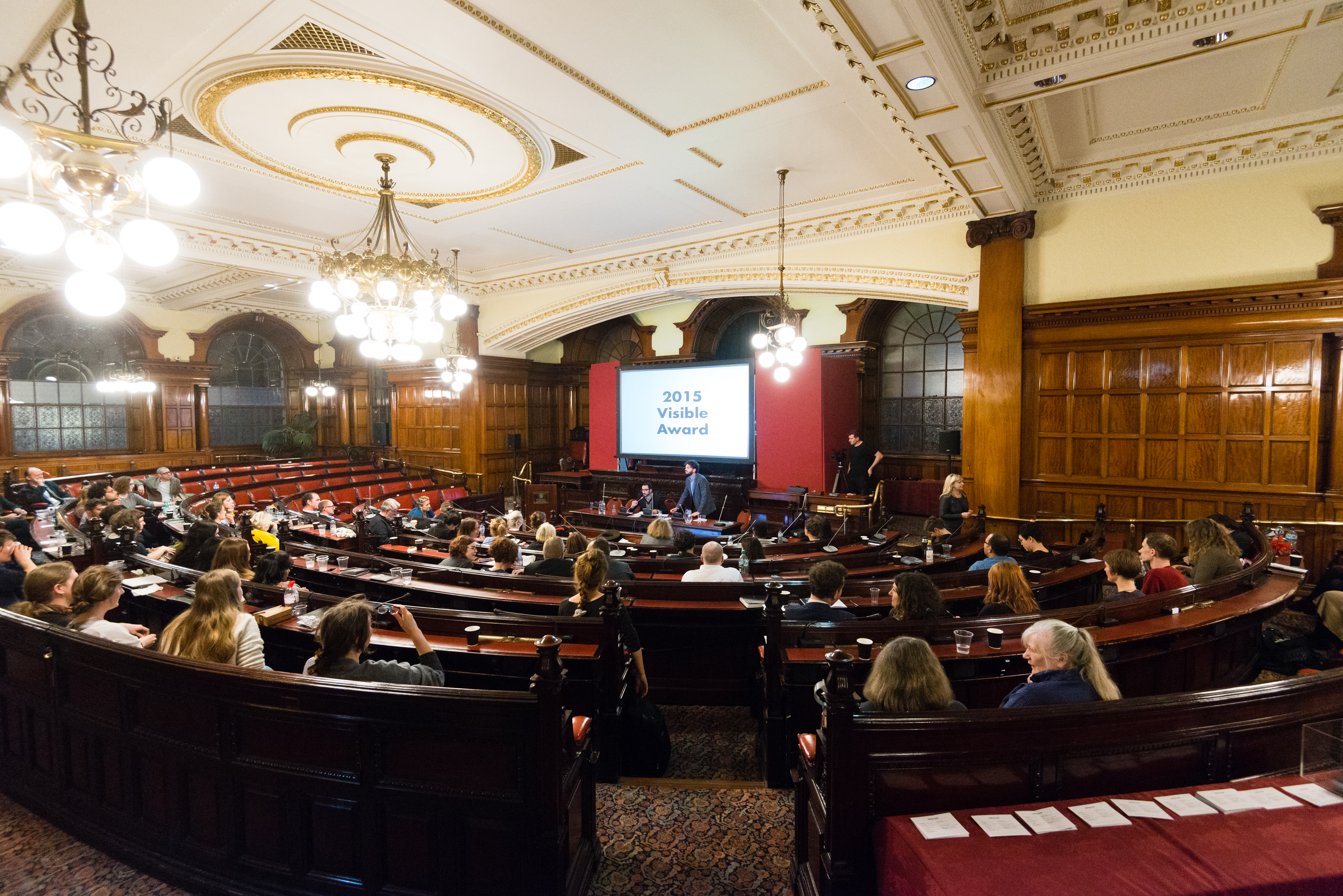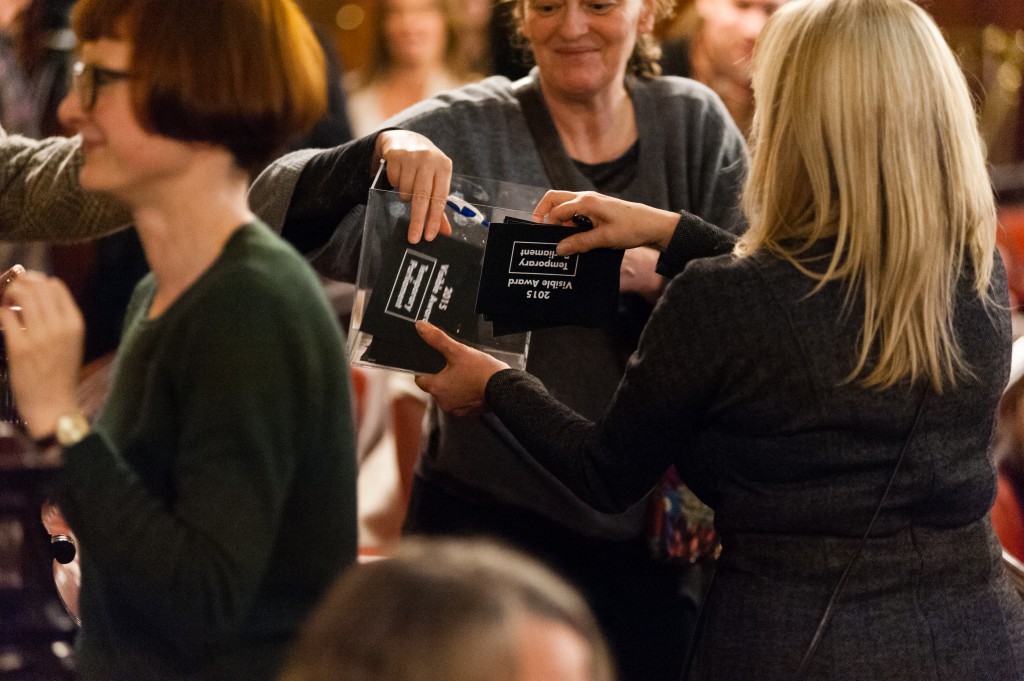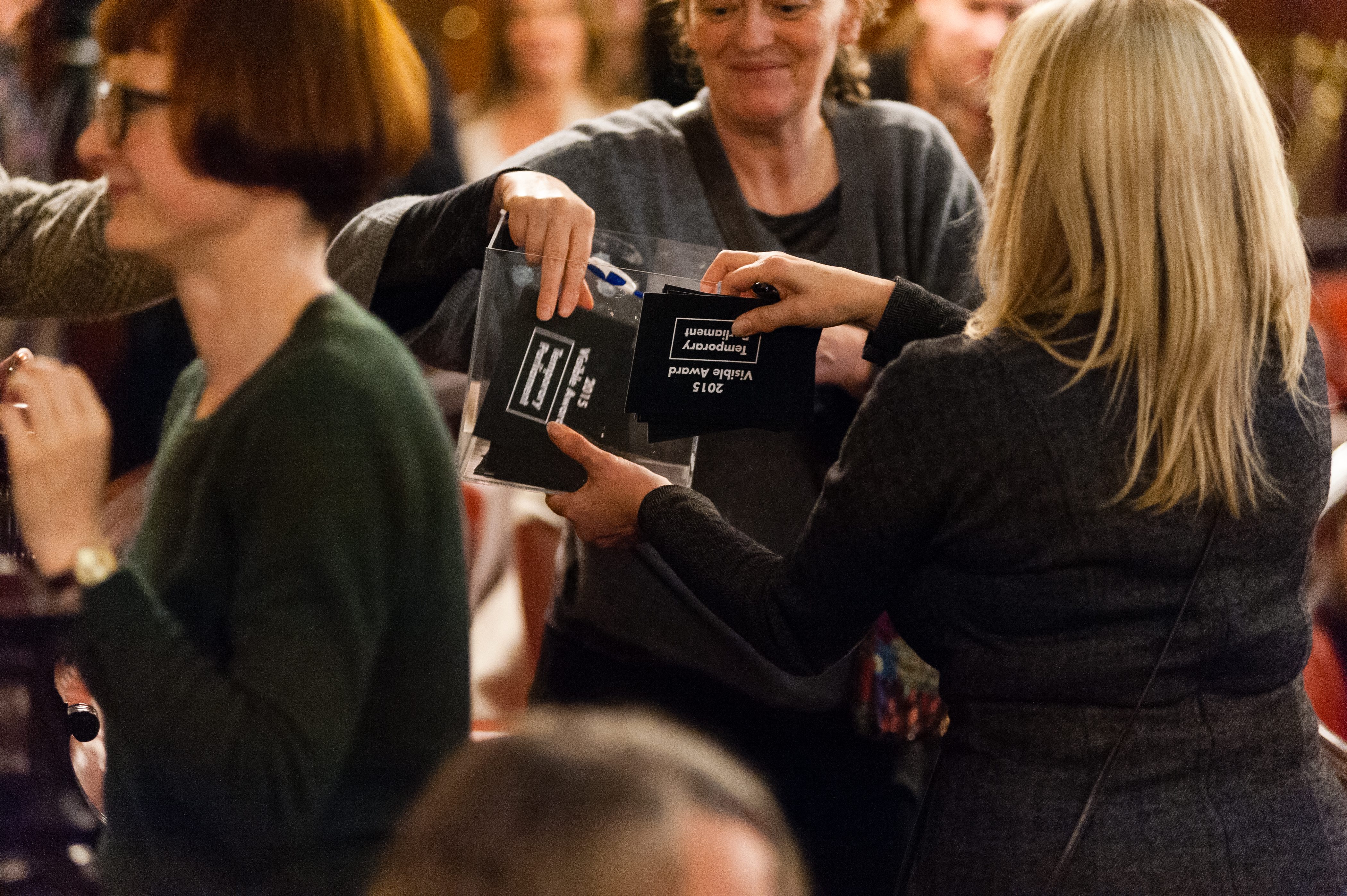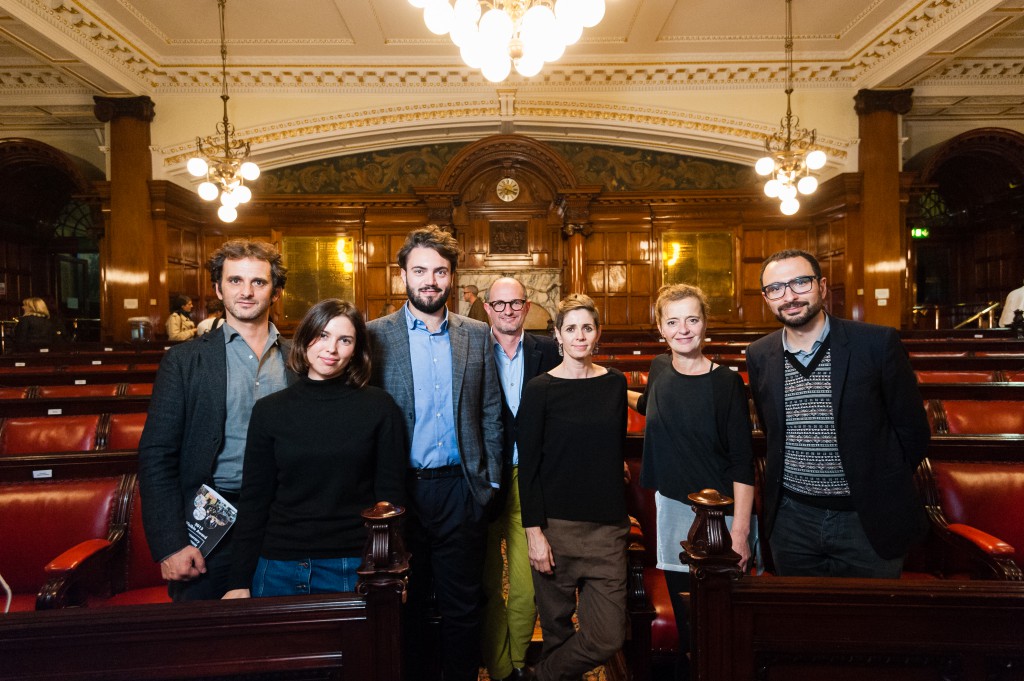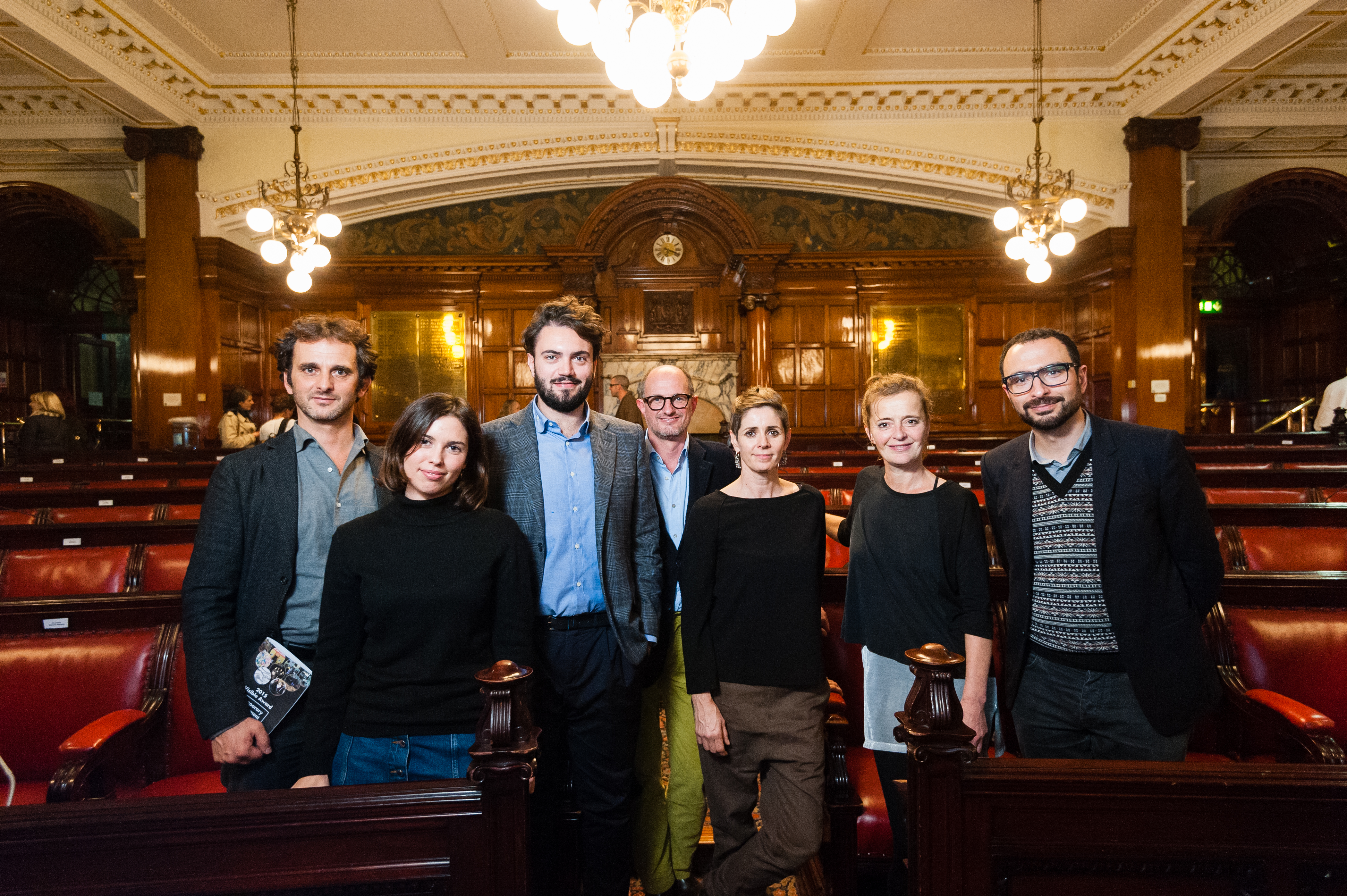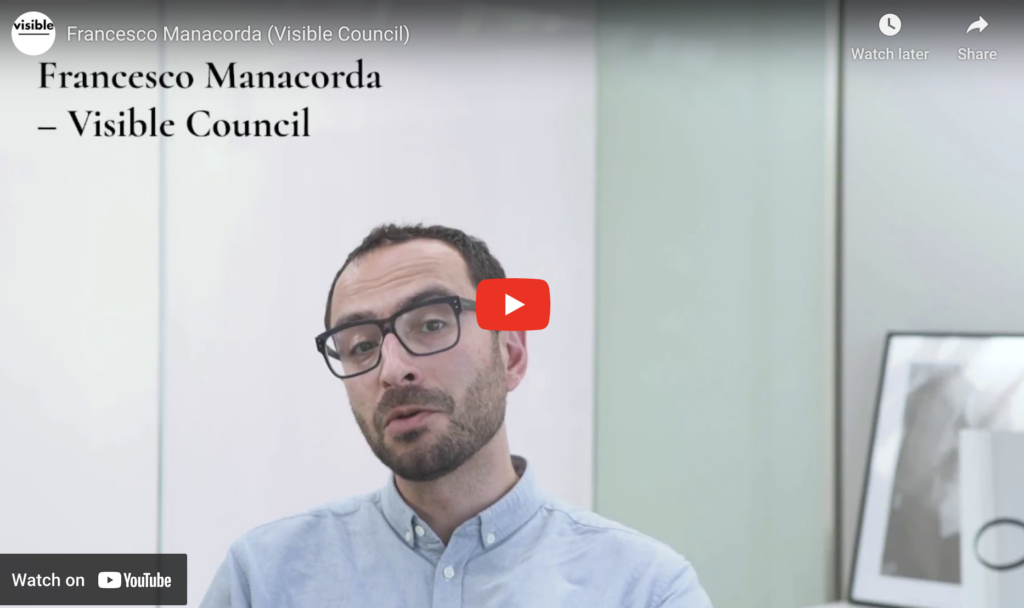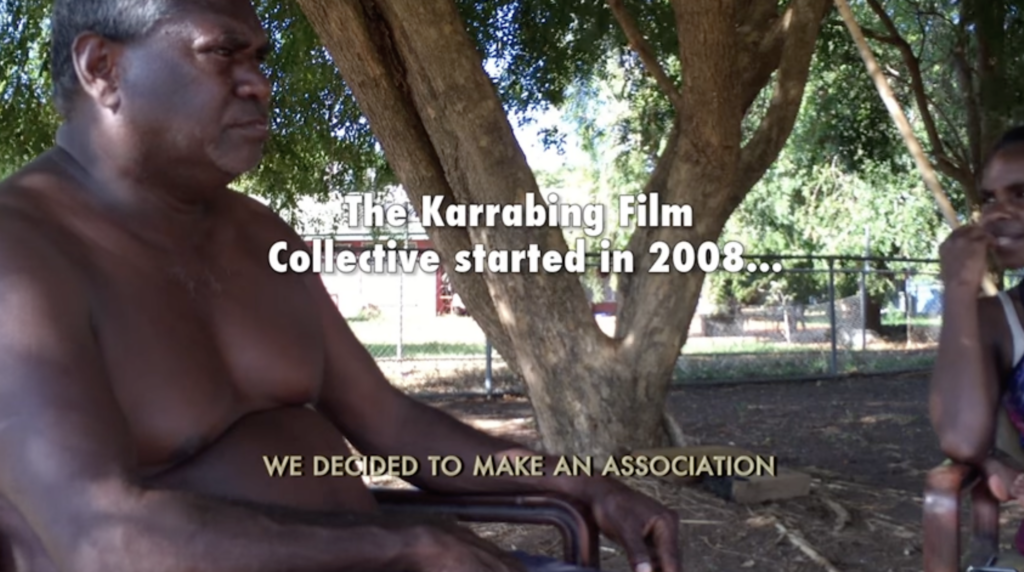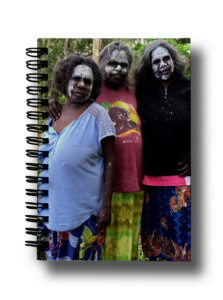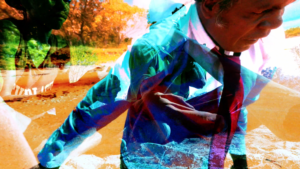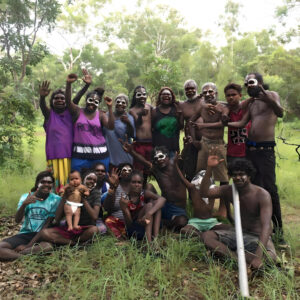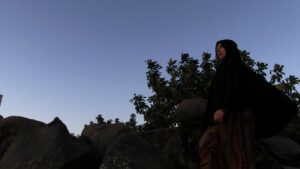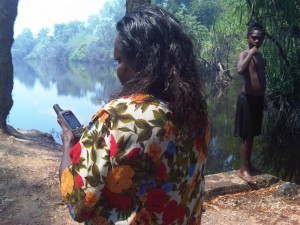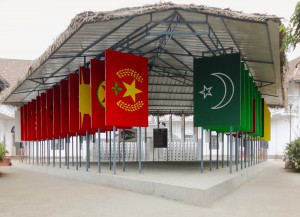About the parliament
A public jury format was trialled for the 2013 Award at the Van Abbemuseum in Eindhoven and has been further developed to seek public engagement with the assessment of existing artistic projects that are operating at the crossroads of art and other fields of society.
The 2015 Visible Award has been developed in collaboration with Chris Dercon, Director, Tate Modern, and is chaired by Francesco Manacorda, Artistic Director, Tate Liverpool, who coordinated the debate, together with Andrea Phillips in the role of advocate for the projects, between a group of experts operating in different fields of culture, brought together to assess the merits of the artistic projects and lead the selection of the winner of the 2015 Visible Award.
The jury session took place in the Grand Council Chamber of Liverpool Town Hall, and brought together artists, experts, and users of socially engaged artistic practices in a one-day conversation that will try to merge the procedures and criteria of an evaluation process with the discursive elements that characterise panel discussions on the relationship between arts and society. The event, free and open to the public, focused on assessing the merits of the shortlisted artistic projects and on the selection of the recipient of the 2015 Visible Award, through an open vote.
The recipient of the award was Karrabing Film Collective, a grassroots Indigenous based media group. The films represent their lives, create bonds with their land, and intervene in global images of Indigeneity.
The Karrabing Film Collective conceives it’s artistic practices as a force for resisting and refusing settler forms of governance. Thus at the heart of our film and artistic practices is the desire to foster and deepen generational relations and obligations to lands and ancestral present. We show these struggles in our artistic works. But we do not use the funds we earn from our works, including the Visible Award, for making more art. We use the funds to invest in the human and ancestral infrastructures we believe vital to maintaining these relations—boats, trucks, and bush tracks that allow us to bring younger generations to our remote lands and low impact housing and solar power for living and doing the ceremony there.
It would be hard to over-estimate the positive impact of receiving the 2015 Visible Award. Not only did it make our desire to use art to power Karrabing resistance Visible to a national and international audience, but it also and more importantly signal to our now 40 plus members the potential power of our vision for film and art practices.
Elizabeth Povinelli, founding member of Karrabing Film Collective
Contents
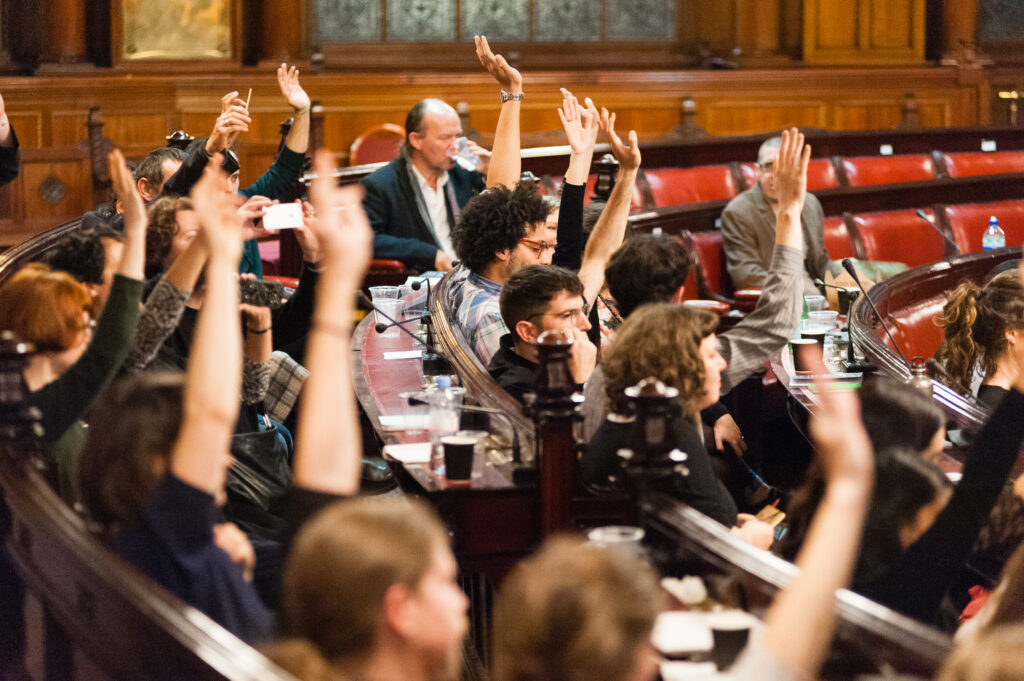 arrow_upward
arrow_upward
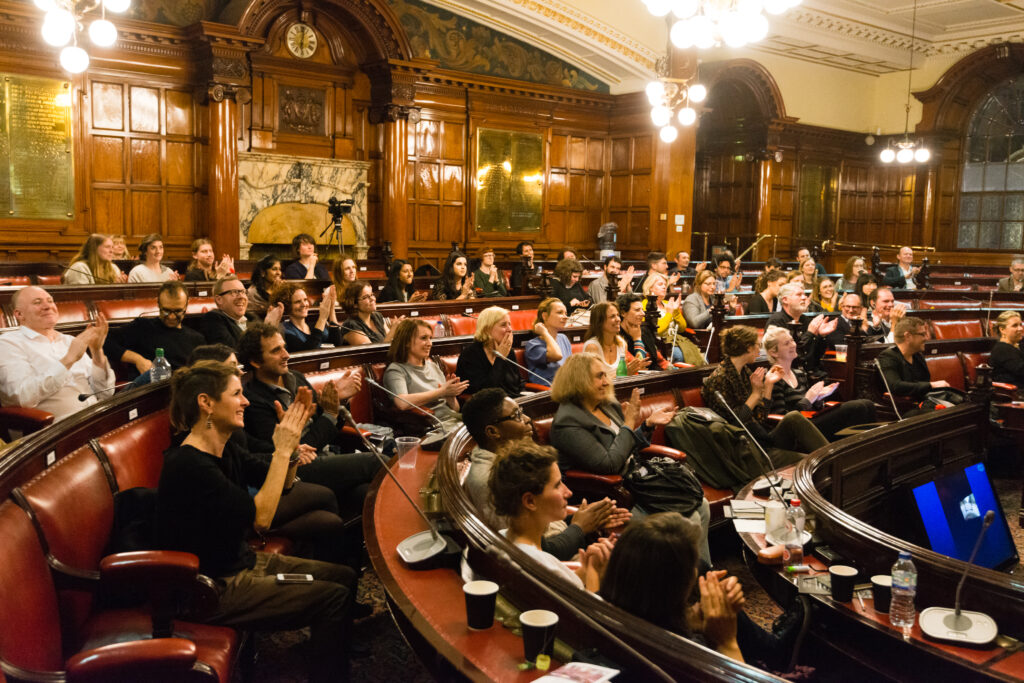 arrow_upward
arrow_upward
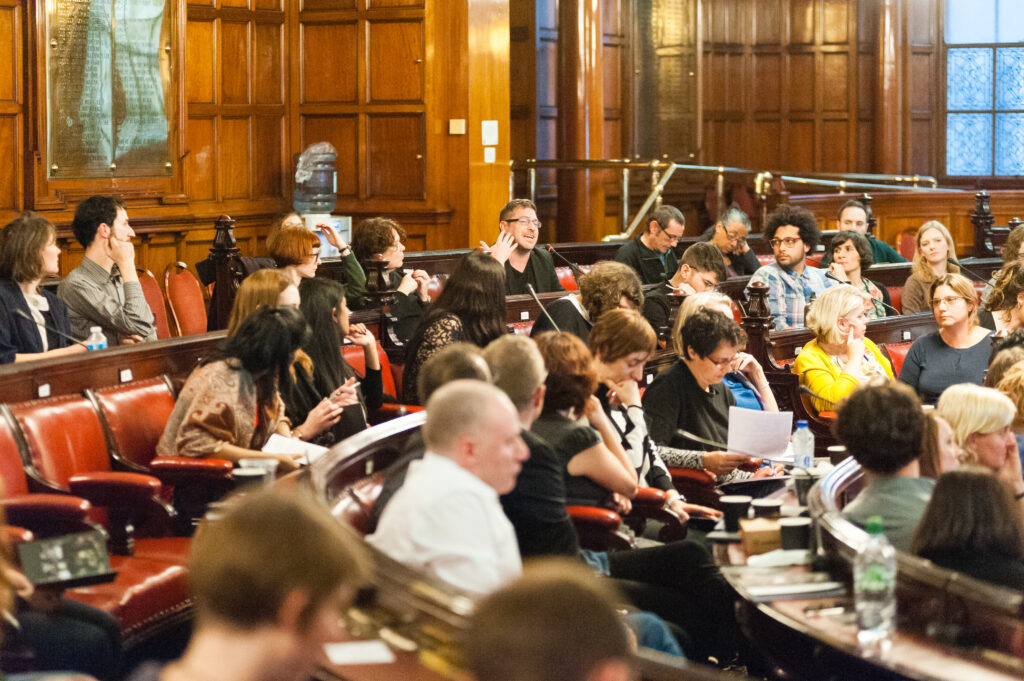 arrow_upward
arrow_upward
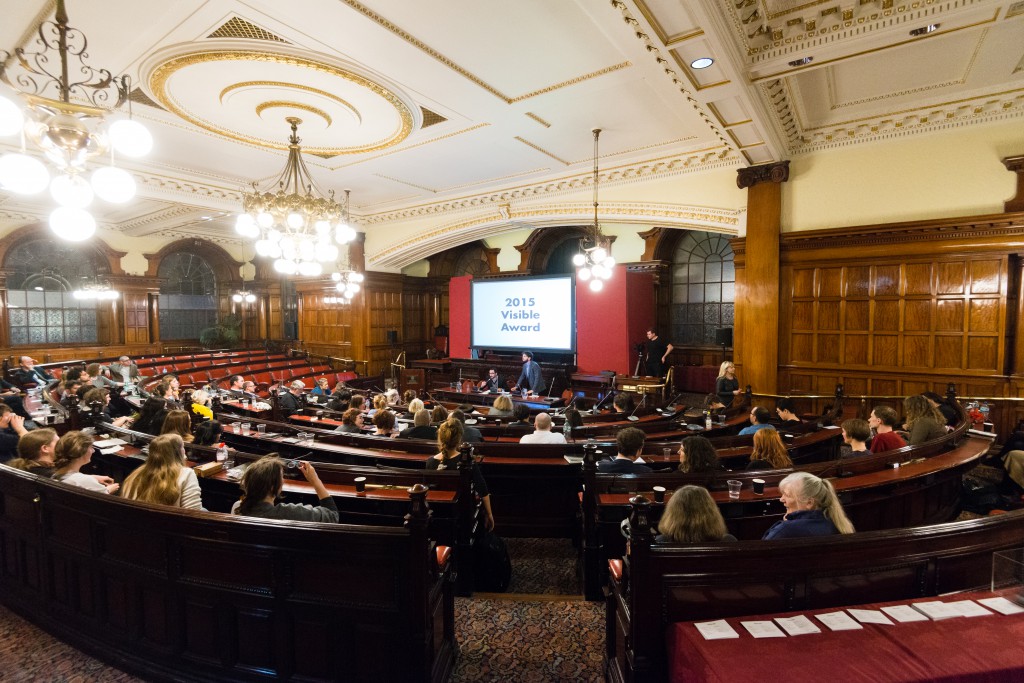 arrow_upward
arrow_upward
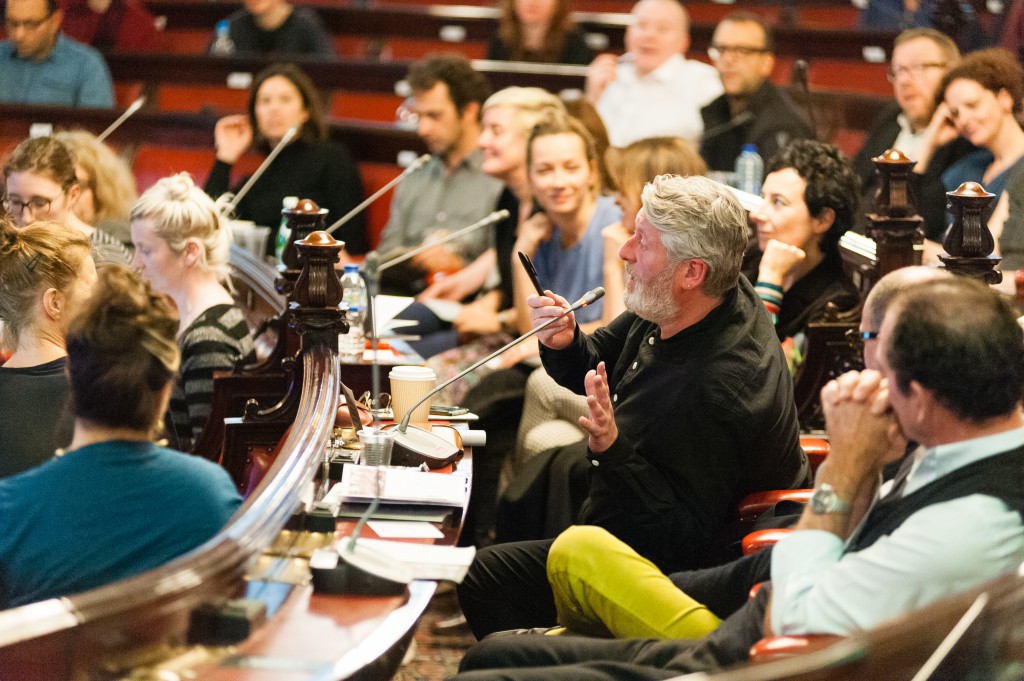 arrow_upward
arrow_upward
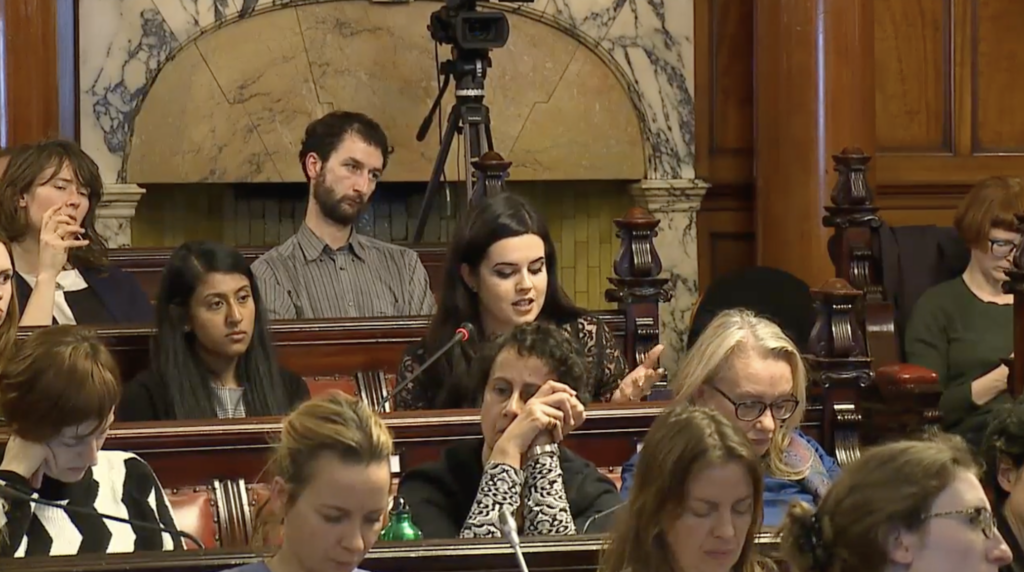 arrow_upward
arrow_upward
